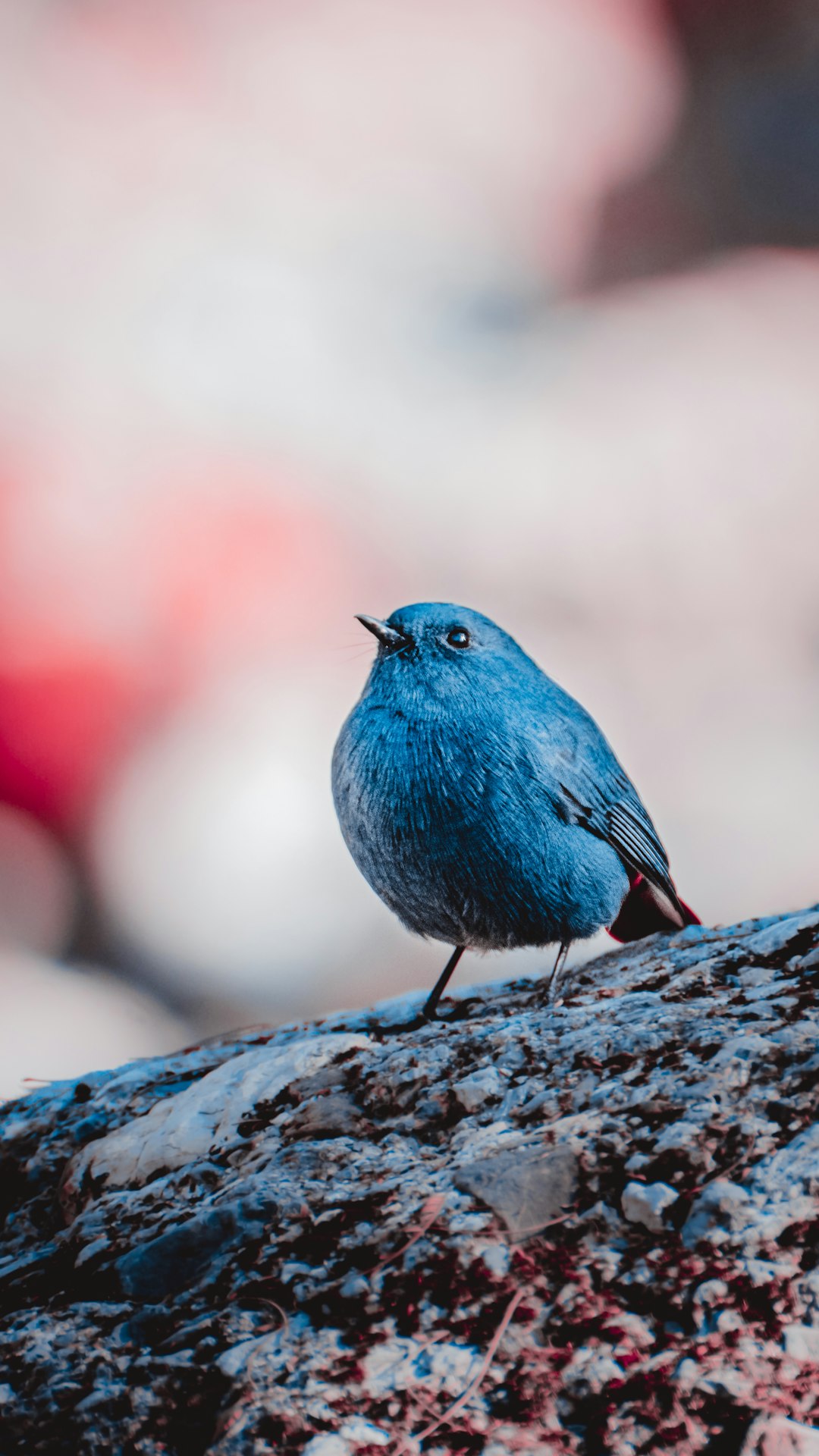The Role of Bees in Pollination: Protecting Our Food Supply
When we think of bees, we often associate them with honey production. However, there is a much more vital role that bees play in our ecosystem – pollination. Bees, along with other pollinators, are responsible for the successful reproduction of flowering plants, including a significant portion of our food supply. In fact, the United Nations estimates that 75% of global food crops depend, to some extent, on pollinators. Therefore, it is crucial to understand the importance of bees in pollination and the need to protect them.
For thousands of years, bees have been transferring pollen from the male part of a flower to the female part, allowing plants to develop fruits and seeds. This process not only facilitates the reproduction of plants but also ensures genetic diversity, leading to healthier and more resilient crops. Without the help of bees, many plants would struggle to reproduce, resulting in decreased yields and ultimately, reduced food production.
A significant example of the role bees play in our food supply is their contribution to the growth of fruits and vegetables. Crops such as apples, cherries, cucumbers, and tomatoes heavily rely on pollination to develop desirable fruits. Although wind and other insects can aid in pollination, bees are exceptionally efficient and effective due to their unique relationship with flowers. As bees gather nectar and pollen, they inadvertently transfer these vital components between flowers, aiding in cross-pollination and increasing the chances of successful fruit production.
Not only do bees play a crucial role in the production of a variety of fruits and vegetables, but they also contribute to the growth of staple crops like cereals, oilseeds, and legumes. These crops are essential for our daily sustenance and provide a significant portion of our calories and nutrients. For example, oilseeds such as soybeans are not only important for human consumption but also play a key role in animal feed production. Without pollination, the yields of these crops would significantly decline, leading to potential food shortages and increased prices.
The decline in bee populations globally, known as colony collapse disorder (CCD), is a cause for concern. Multiple factors contribute to this decline, including habitat loss, pesticide use, pathogens, climate change, and invasive species. These issues have led to a decrease in the number of bees available for pollination, posing a threat to our food production system and biodiversity. To combat this, it is essential to prioritize the protection of bees and other pollinators.
One way to support bees and their essential role in pollination is by creating and preserving bee-friendly habitats. Planting native flowering plants and avoiding the use of pesticides in gardens and farms can provide bees with the necessary food sources and safe environments. Additionally, supporting local beekeepers by purchasing honey and beeswax products can contribute to the maintenance of healthy bee populations. By taking small actions in our daily lives, we can collectively make a significant impact in safeguarding bees and ensuring our future food security.
In conclusion, bees play a crucial role in pollination, which directly impacts our food supply. Their efficient pollination methods contribute to the growth of a wide range of crops, including fruits, vegetables, cereals, and oilseeds. However, the decline in bee populations poses a threat to our food production system, highlighting the need for conservation efforts. By understanding and raising awareness about the importance of bees in pollination, and actively participating in their protection, we can safeguard our diverse food supply and ensure a sustainable future for generations to come.

